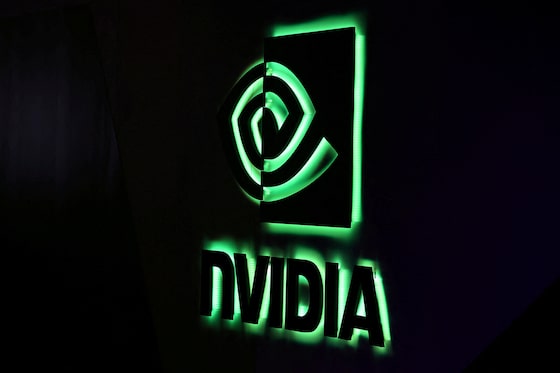Regardless of the U.S. presidential election outcome, 2024 is poised to introduce a new era of political communication, driven by the rapid advancement of generative artificial intelligence technologies.
Historically, political deception has been commonplace, but the current landscape presents a level of sophistication and influence never seen before. The emergence of AI has already been leveraged to replicate President Joe Biden’s voice in attempts to manipulate primary voting outcomes. Concerns are mounting as experts warn of a deluge of fabricated content that could deceive the public. This includes realistic but false depictions such as manipulated videos of civil unrest, staged mishaps involving political figures like Mr. Biden, or subtly altered appearances of individuals like Donald Trump to portray them negatively.
These deceptive tactics are designed to reinforce existing political narratives or fuel misinformation campaigns, setting the stage for a potential information “tsunami,” as noted by Oren Etzioni, a respected professor at the University of Washington.
The apprehension surrounding AI extends beyond politics, as evidenced by discussions at Canada’s Standing Committee on Industry and Technology, tasked with evaluating the country’s inaugural AI legislation. Crafting effective regulations for AI presents a formidable challenge given its transformative impact on society, politics, and even biology. With AI surpassing previous expectations in terms of intelligence and accessibility, the question of governmental oversight looms large.
Despite Canada’s relatively smaller global influence compared to major powers like China, the U.S., and the EU, there is a growing consensus on the need for a comprehensive regulatory framework. Leading voices like Catherine Régis emphasize Canada’s potential to contribute positively to the responsible development of AI on a global scale, leveraging its expertise in the field and attracting significant investment.
Within the legislative process, a crucial debate revolves around whether to refine existing AI legislation, such as Bill C-27, to address its shortcomings or swiftly enact adaptable regulations to keep pace with technological advancements. Industry Minister François-Philippe Champagne underscores the urgency of regulation to mitigate potential harms caused by unregulated AI systems already in use across various sectors.
The concerns surrounding AI extend beyond futuristic scenarios like cyberattacks or AI-induced unemployment to more immediate threats, such as the proliferation of convincing fake multimedia content. The ability to create deceptive audiovisual material poses a significant risk, affecting not only public figures but also ordinary individuals, as highlighted by instances of misuse involving a young Canadian actor.
While the risks associated with AI are evident, its potential benefits, including advancements in healthcare and resource management, are equally significant. Companies like Nvidia Corp., a key player in generative AI semiconductor chips, are poised to drive wealth and productivity gains, challenging tech giants like Google and Amazon.
Amidst the enthusiasm for AI’s potential, cautionary voices, like renowned AI researcher Yoshua Bengio, stress the importance of implementing safeguards to mitigate societal risks posed by unchecked AI advancements. Dr. Bengio’s testimony underscores the need for regulatory guardrails to navigate the evolving AI landscape responsibly.
As the U.S. grapples with AI-related challenges in the current election cycle, the impending impact of AI transcends borders, signaling a collective need for vigilance and proactive regulation.










